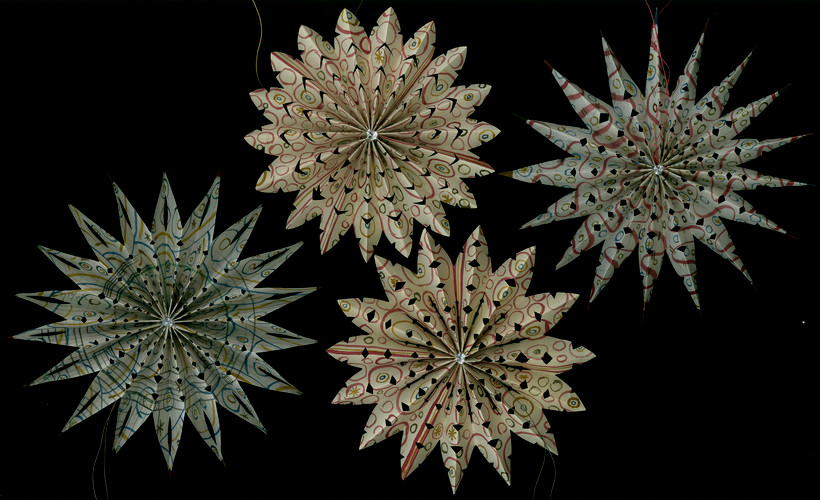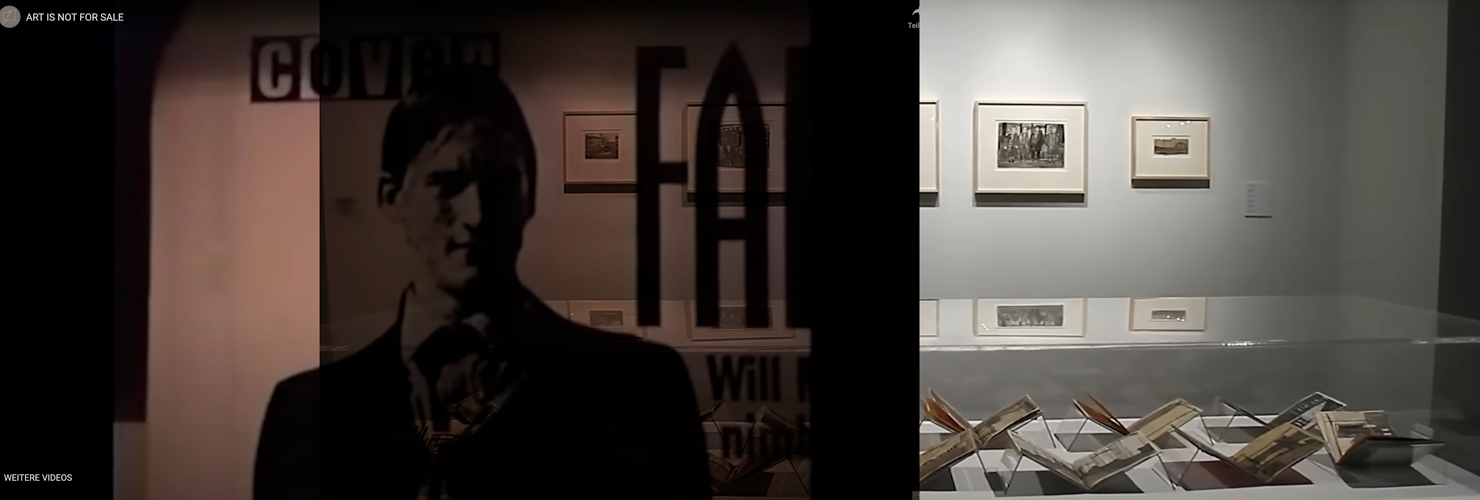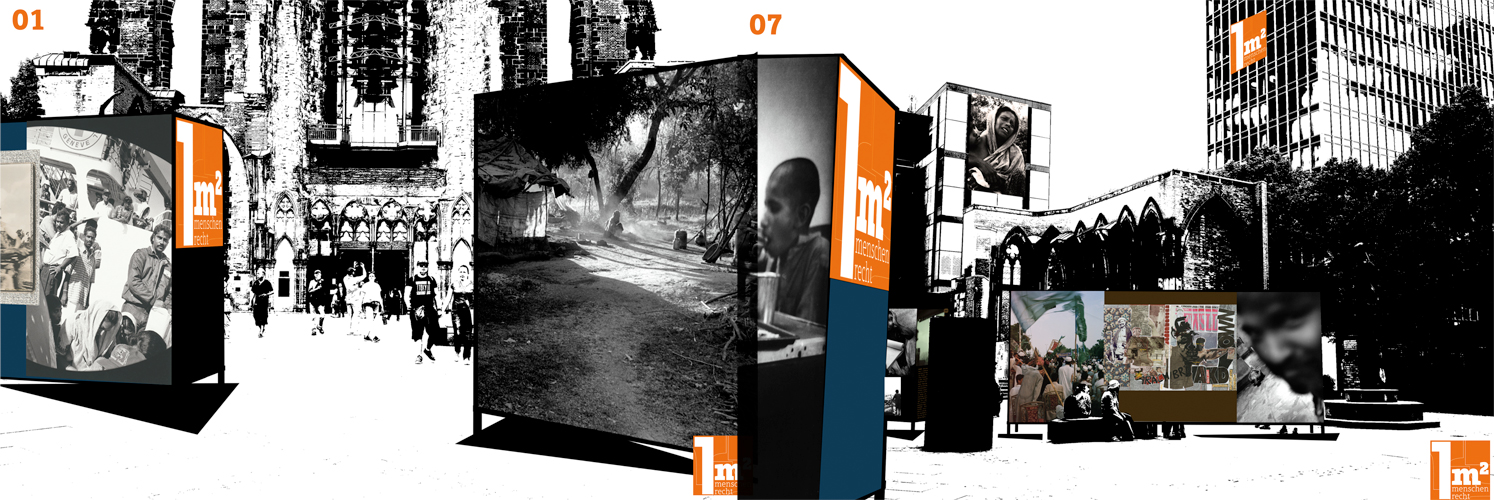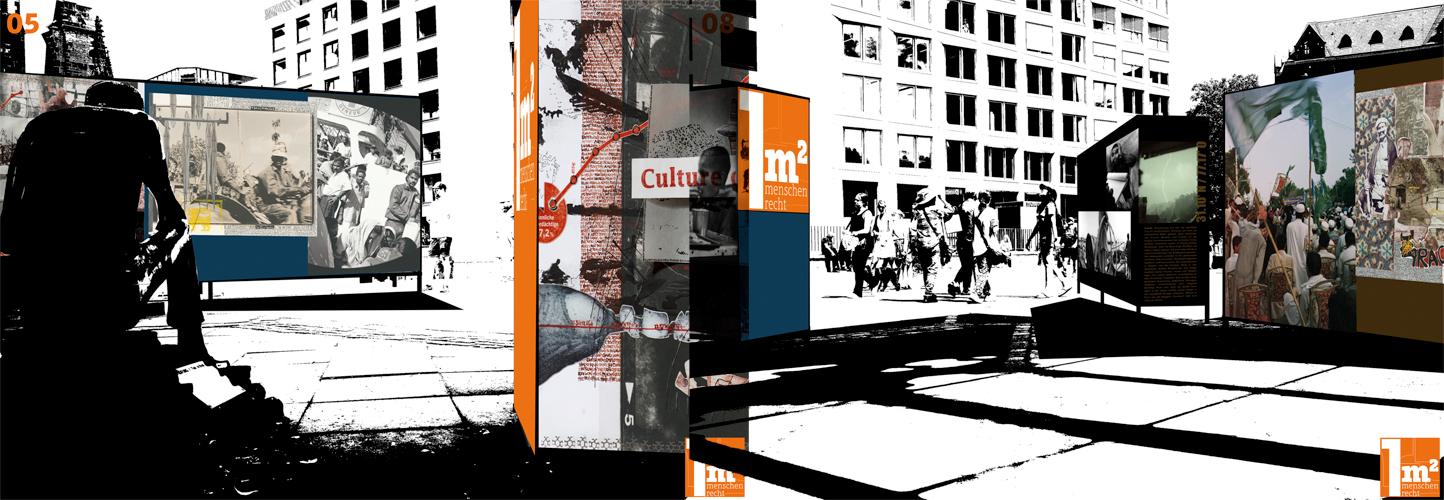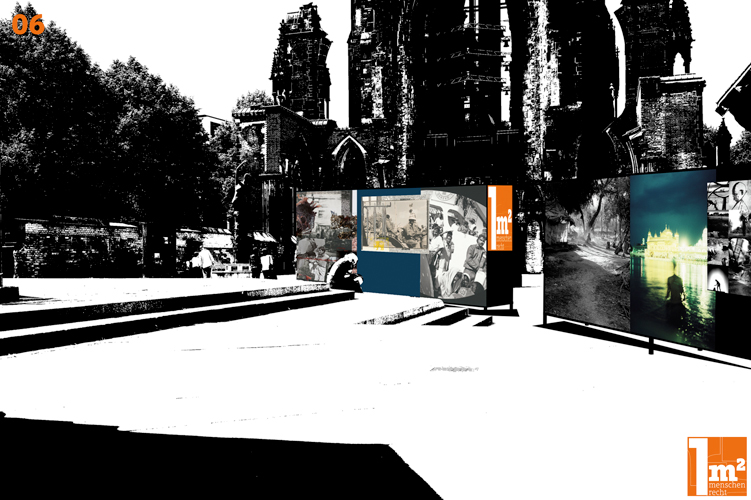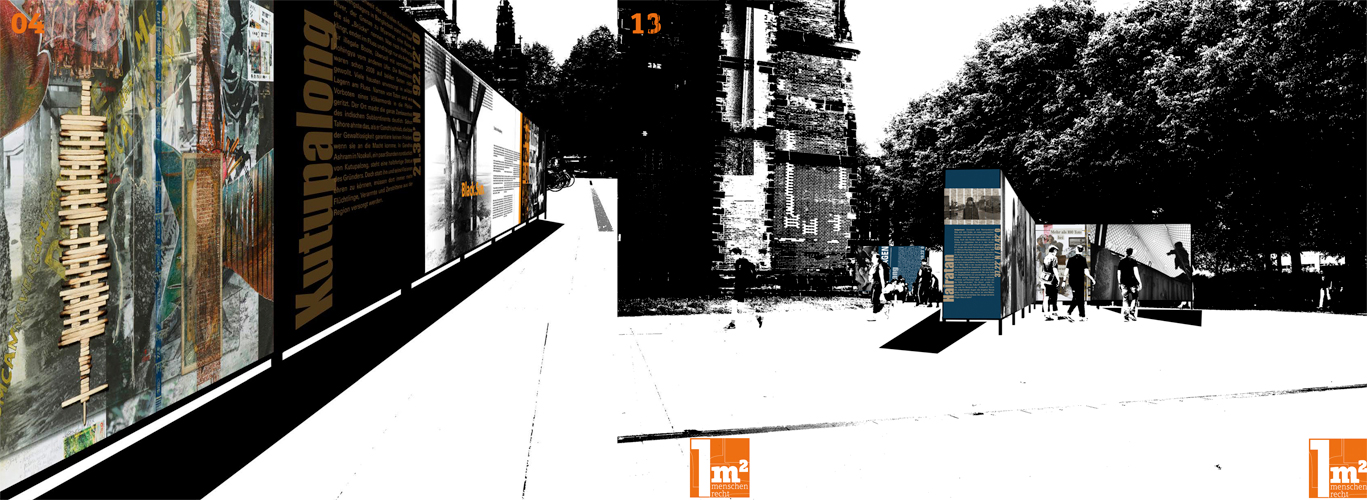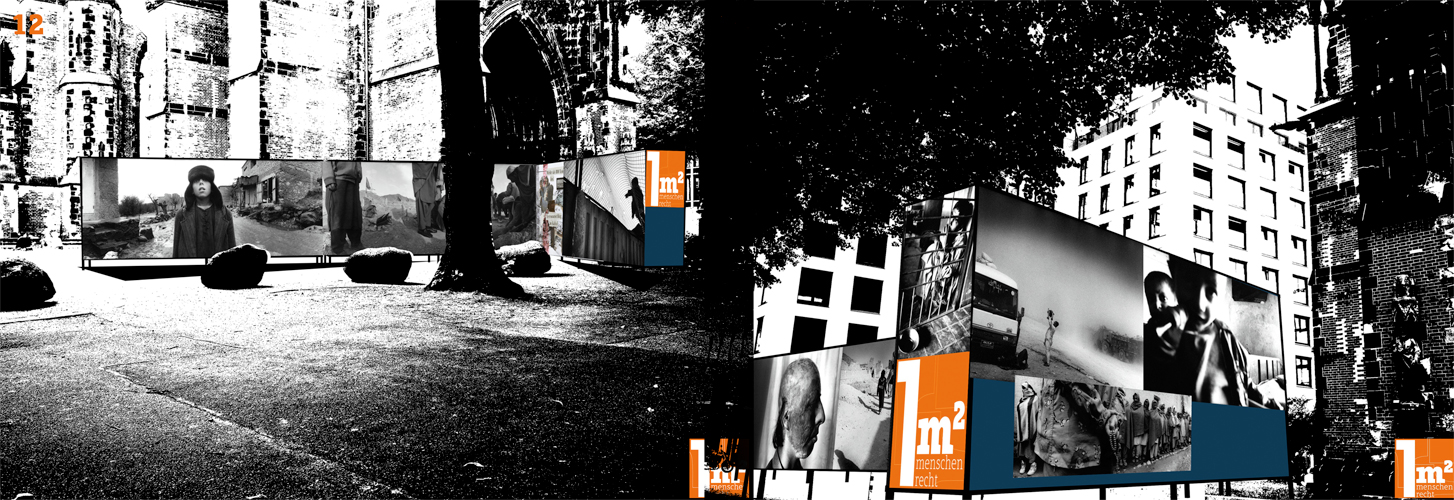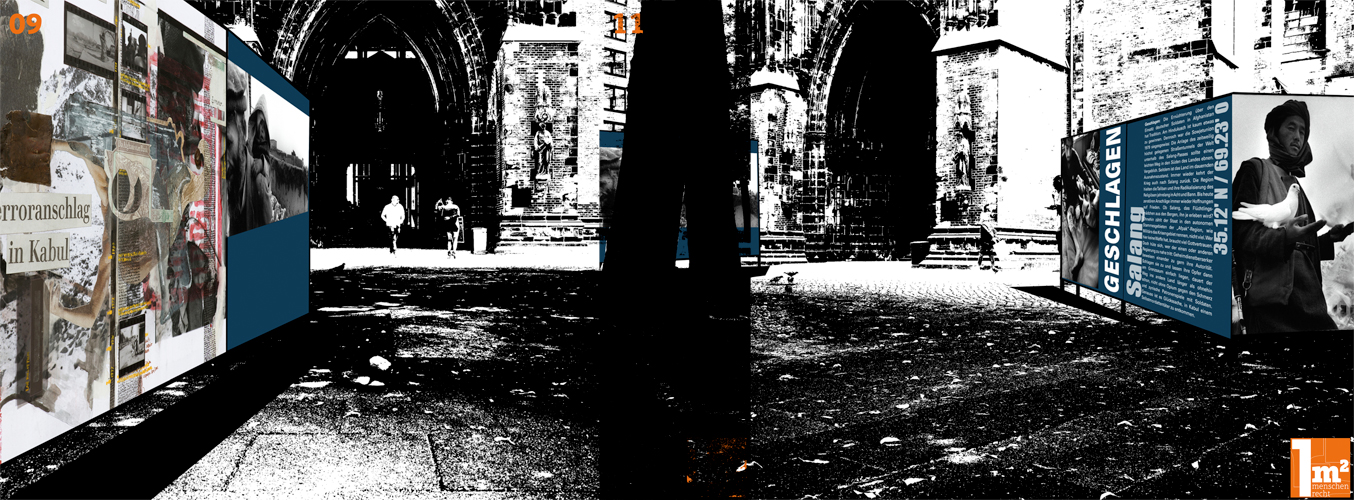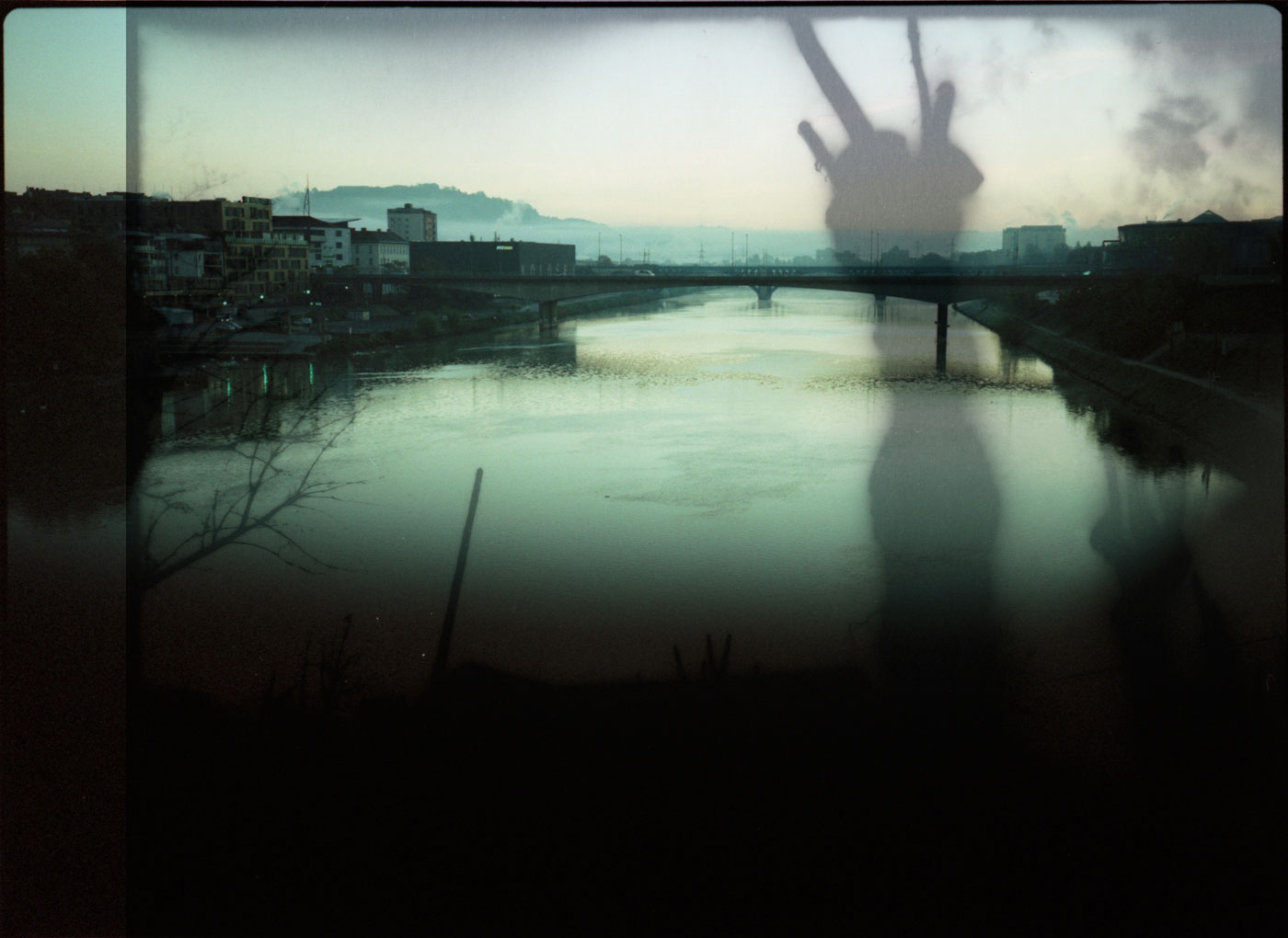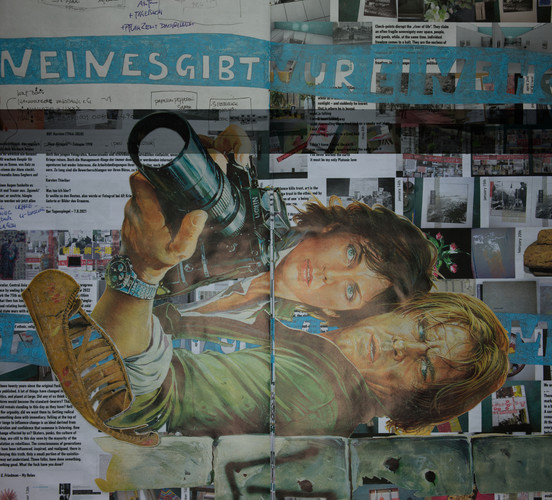
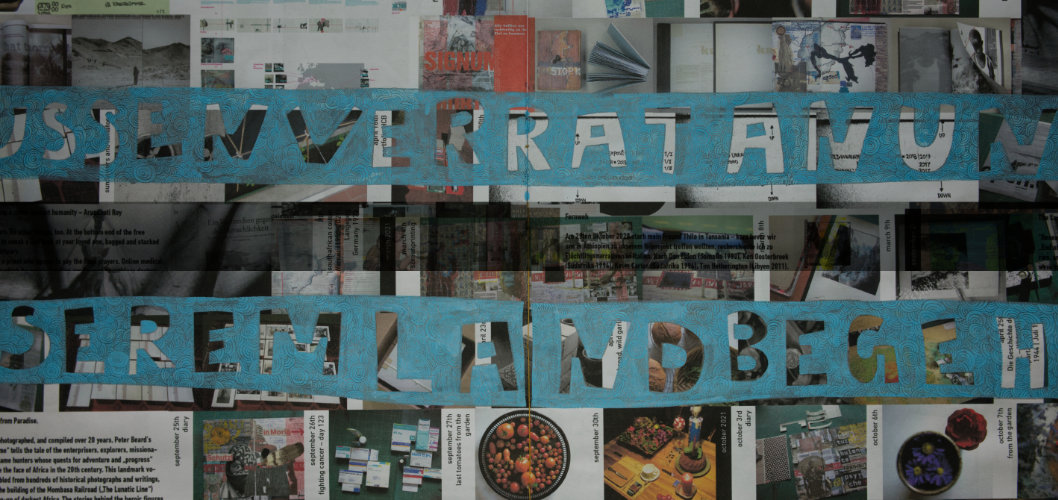
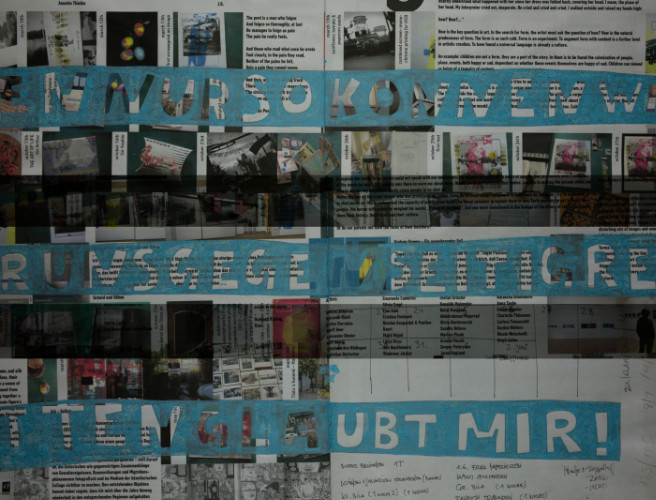
„
„Nein, es gibt nur eine Hoffnung. Wir alle müssen Verrat an unserem Land begehen.
Nur so können wir uns gegenseitig retten, glaubt mir!“
“
John le Carré, das Russlandhaus
in the making|diary – january 21th
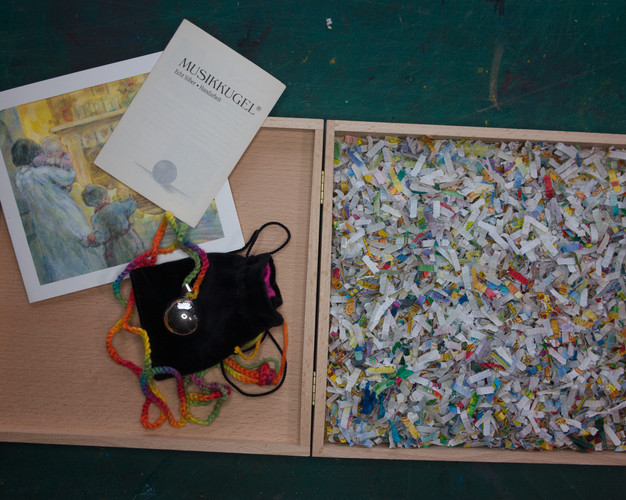
for M&P – january 10th
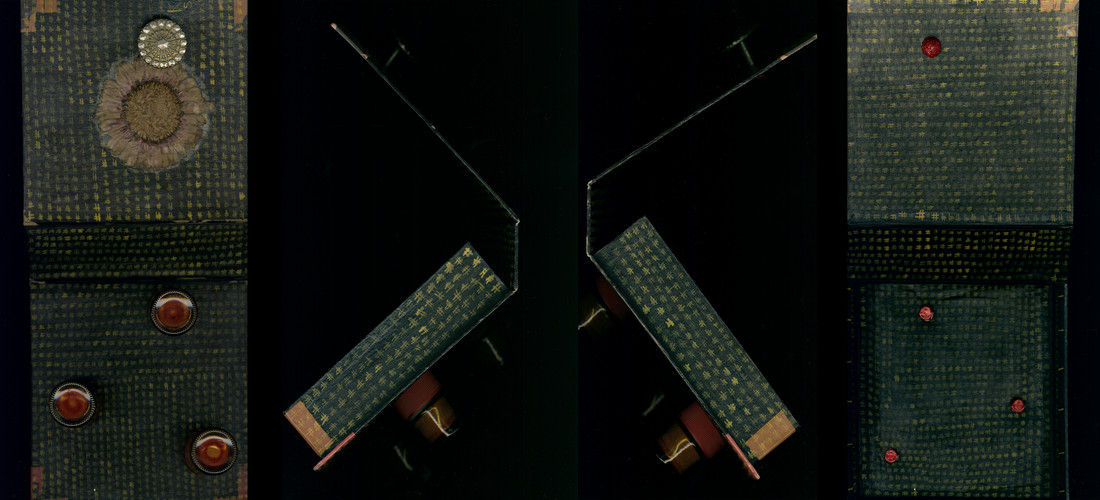
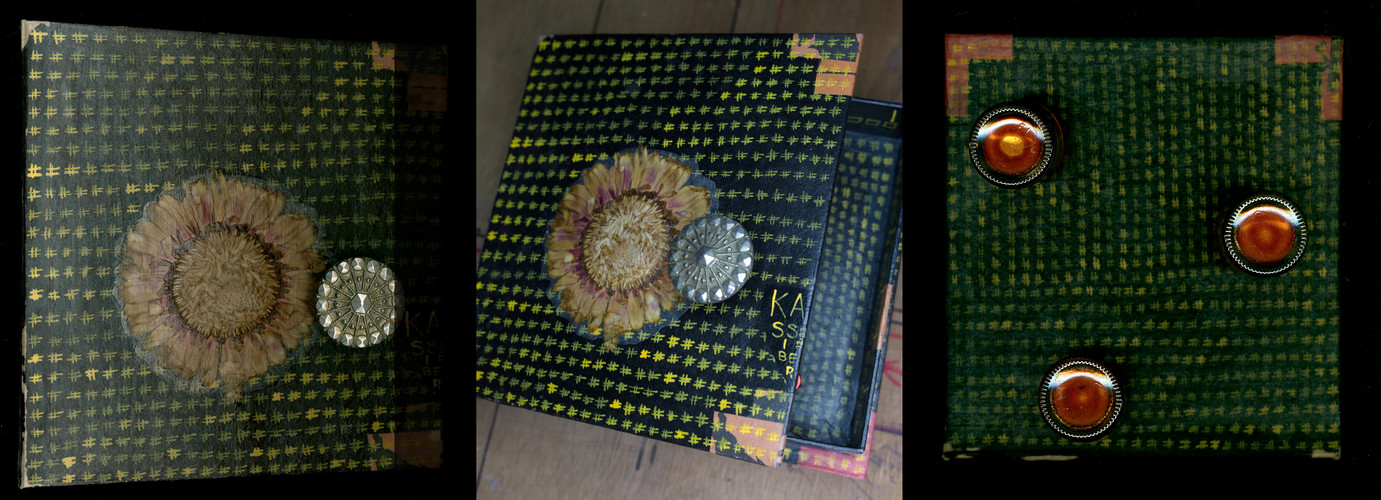
Kassiber – 16x18x10cm 12|23 – january 4th
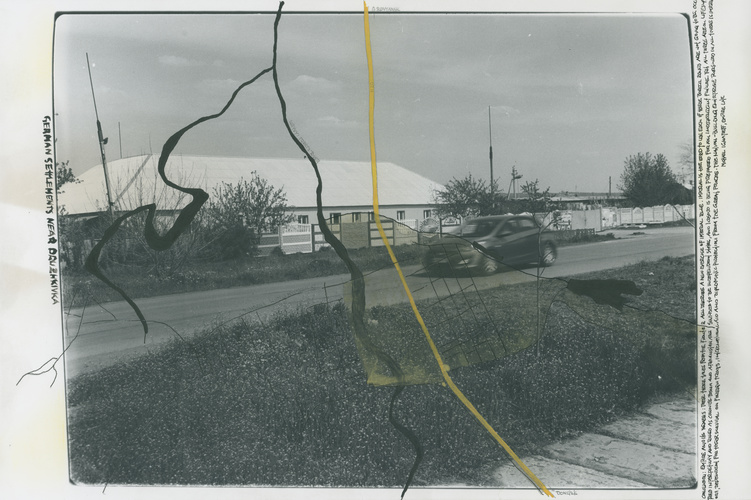
Relentlessness – Olivier Del Fabbro in 3 Quarks Daily
„
…
While repairing roofs Andryi has been exposed, both indirectly or directly, to a variety of weaponry: mortars, snipers, rockets, you name it. “When we repaired roofs, artillery fire was constantly active. Once, we saw phosphorous bombs in the near distance, then we hid in the basement.” The last roof was the scariest experience. Some of the material that Andryi and his partner use is a plain white awning, easily detectable by the Russians. Being only one kilometer away, the Russians bombarded Andryi and his friend with mortars, but luckily, they missed. “That was scary, but they did a bad job in trying to hit us.” In total, Andryi counted twenty-six explosions. “It was frequent, loud, and very close.” When talking about his war experience, Andryi has, as many Ukrainians, a dry and succinct way of expressing himself. “You realize that you can get hit, when you hear the bomb exploding.”
…
In June 2023, came the next catastrophe. The Kakhovka Dam was blown up. The consequence was an unimaginable natural and humanitarian crisis. Large parts next to the lower Dnieper River were flooded. Mines were washed away, animals died, elderly drowned in their own homes. Russia’s creativity in regard to cruelty and violence against Ukrainians seemed inexorable. A man-made natural catastrophe, similarly to the Holodomor, Stalin’s artificially created famine in Ukraine in the 1930’s killing millions. How much violence could the already sickened and weakened body of Kherson withstand?
…
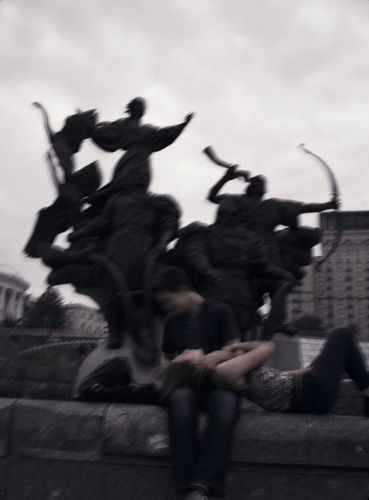
“
Relentlessness
Ukraine 14|15
photo: Wolf Böwig
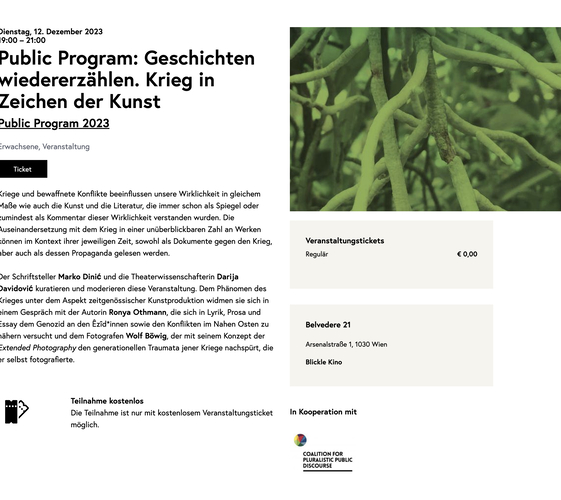
12.12.2023 | Belvedere21: Geschichten wiedererzählen. Krieg in Zeichen der Kunst
„
Kriege und bewaffnete Konflikte beeinflussen unsere Wirklichkeit in gleichem Maße wie auch die Kunst und die Literatur, die immer schon als Spiegel oder zumindest als Kommentar dieser Wirklichkeit verstanden wurden. Die Auseinandersetzung mit dem Krieg in einer unüberblickbaren Zahl an Werken können im Kontext ihrer jeweiligen Zeit, sowohl als Dokumente gegen den Krieg, aber auch als dessen Propaganda gelesen werden.
Der Schriftsteller Marko Dinić und die Theaterwissenschafterin Darija Davidović kuratieren und moderieren diese Veranstaltung. Dem Phänomen des Krieges unter dem Aspekt zeitgenössischer Kunstproduktion widmen sie sich in einem Gespräch mit der Autorin Ronya Othmann, die sich in Lyrik, Prosa und Essay dem Genozid an den Êzîd*innen sowie den Konflikten im Nahen Osten zu nähern versucht und dem Fotografen Wolf Böwig, der mit seinem Konzept der Extended Photography den generationellen Traumata jener Kriege nachspürt, die er selbst fotografierte.
“
Belvedere21
Arsenalstraße 1
1030 Wien
Geschichten wiedererzählen. Krieg in Zeichen der Kunst
12.12.2023
19-21Uhr
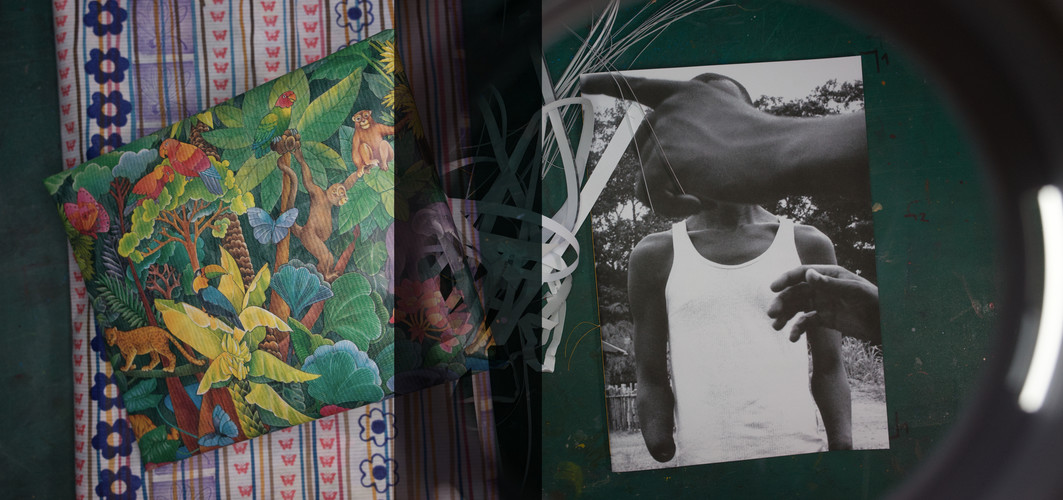
november 26th

november 22nd

St.Nikolai | contextualized concept – november 21st
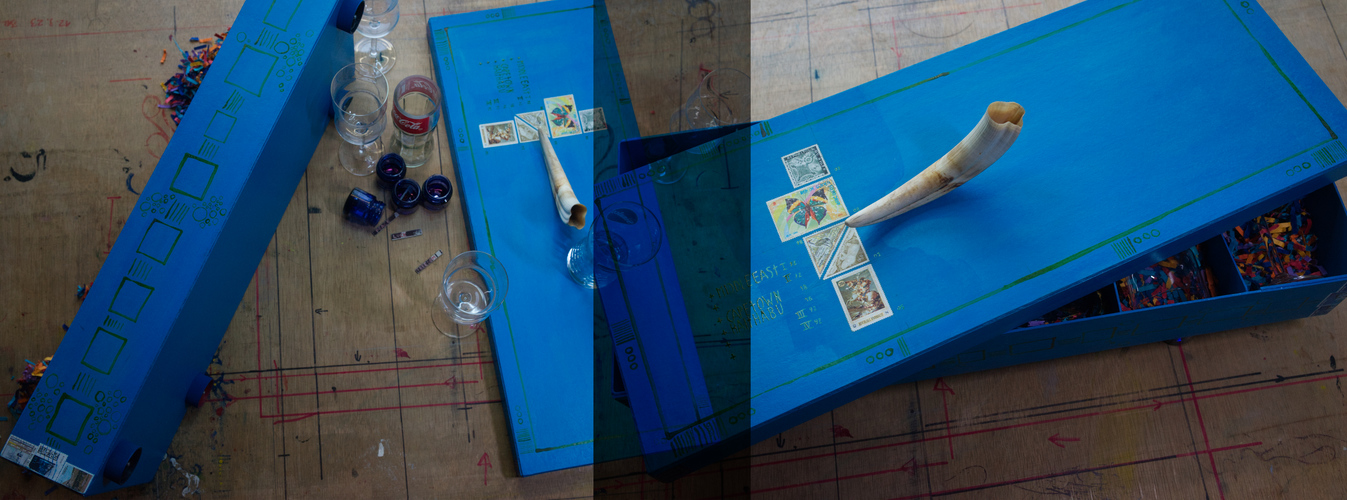
november 20st

november 19th

for H: Hannover, Capetown, Haithabu and Eheratengua in the making – november 18th

Ihre Namen – november 15th
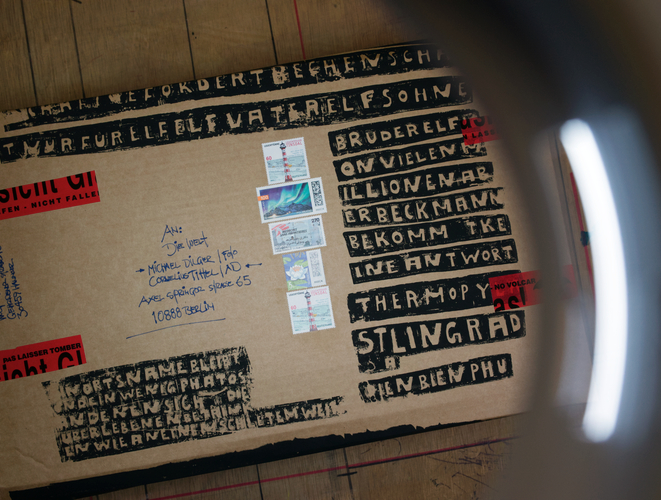
portfolio Die Welt – november 4th

for H&M – november 2nd
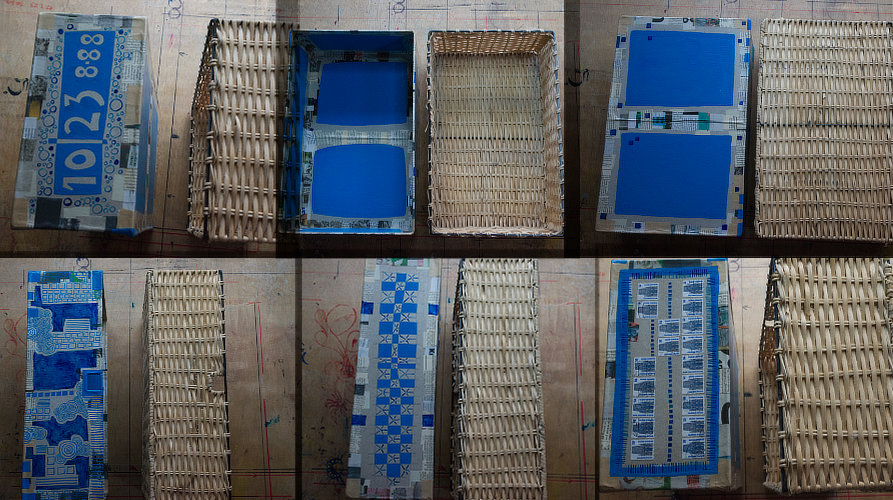
shelf|1 – october 30th
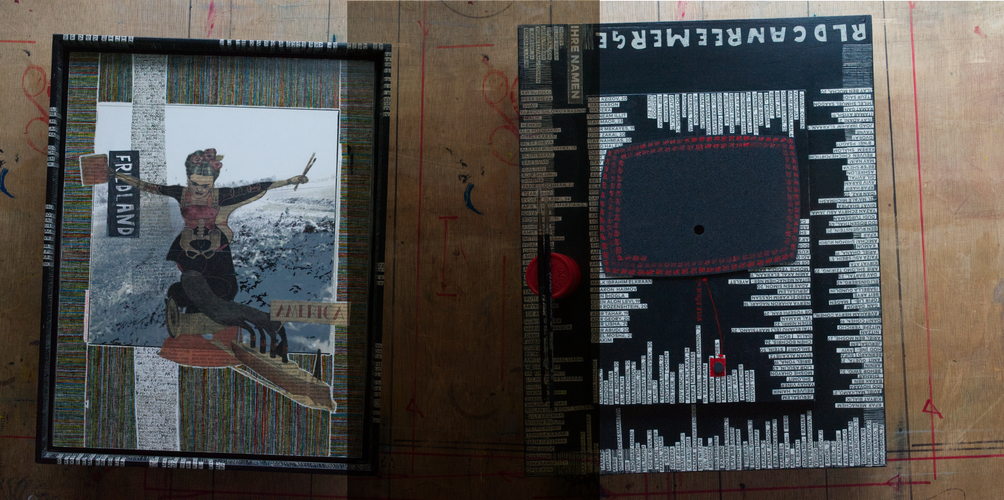
october 22nd
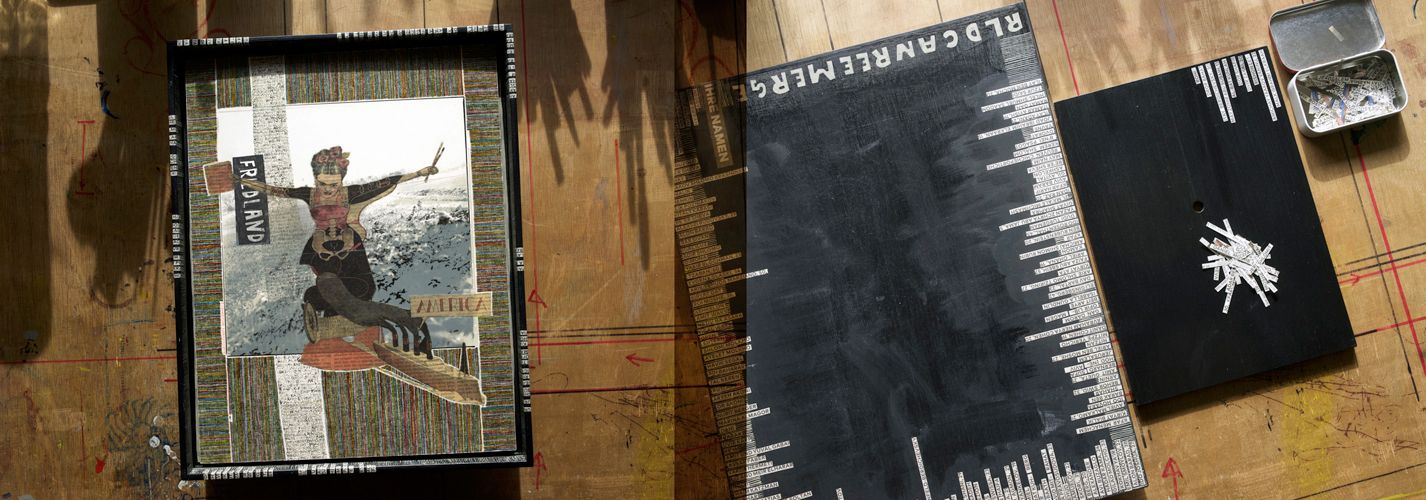
october 18th

Ihre Namen – october 16th

antiquemarket – october 4th
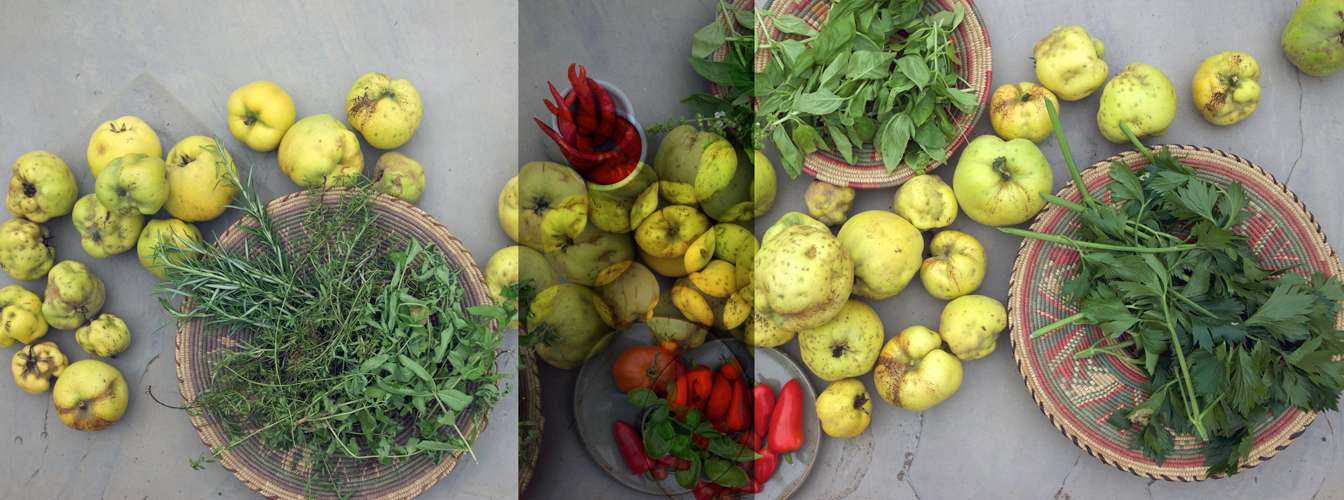
october 3rd

september 29th
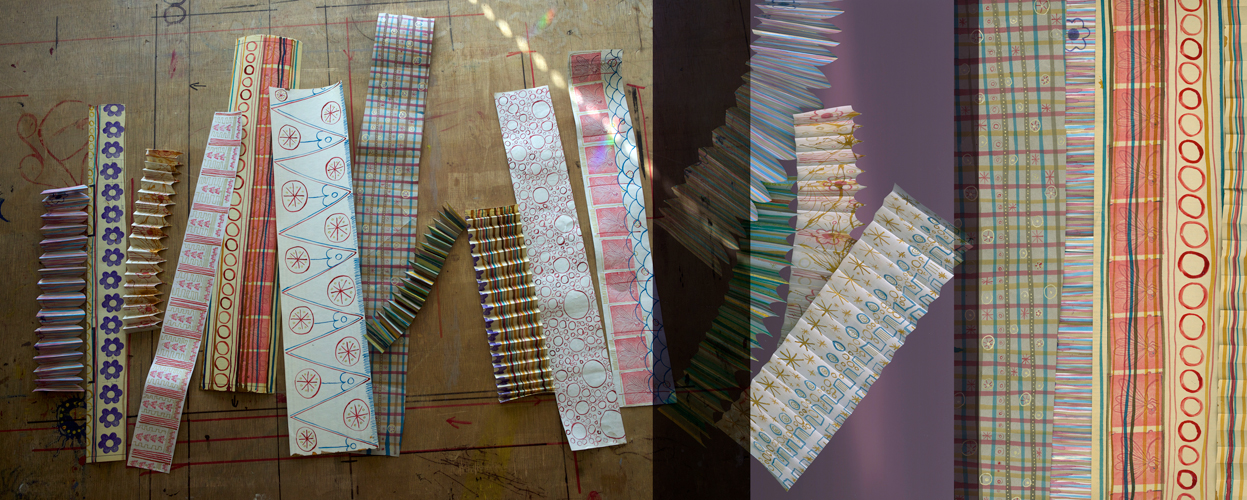
september 26th

Belle de Jour – september 23rd|24th
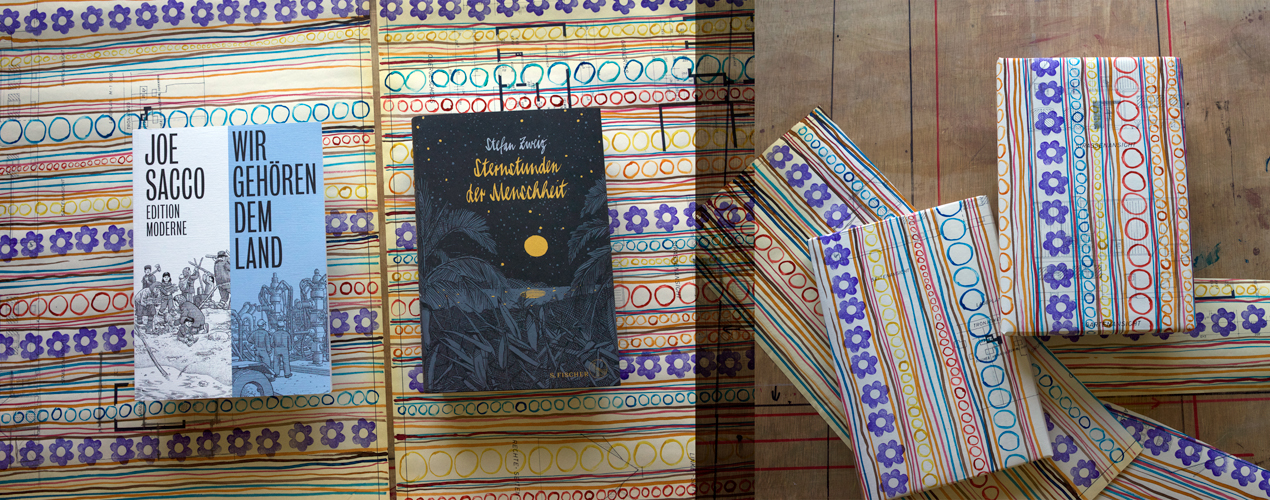
for M&H – september 21st
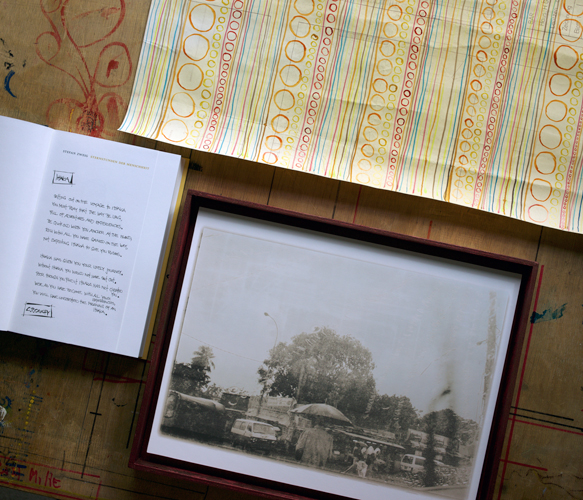
september 18th
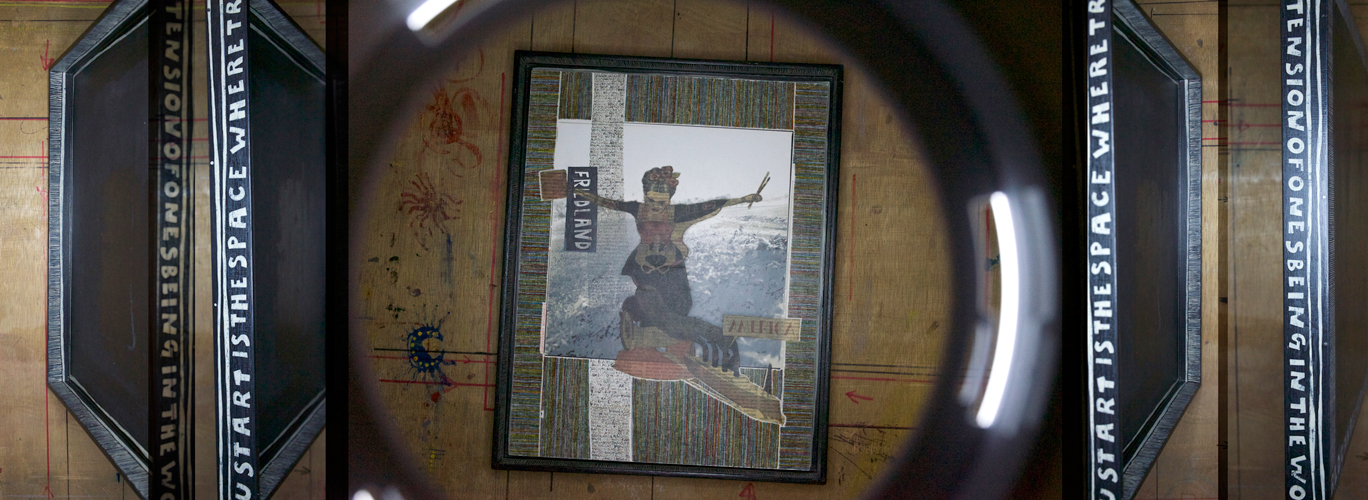
september 16th
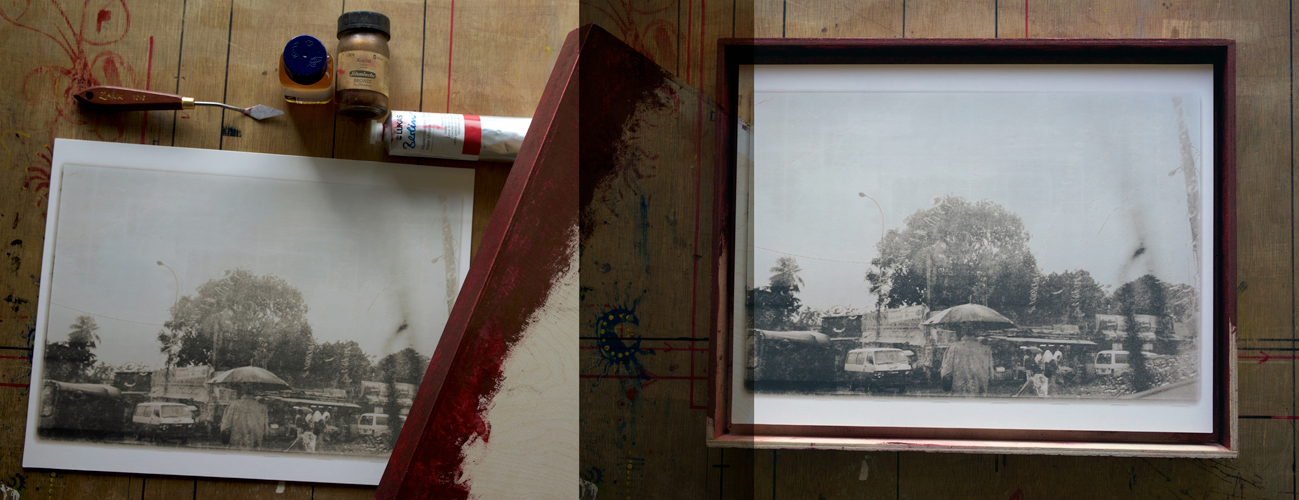
in the making: Colombo, a novel – september 13th
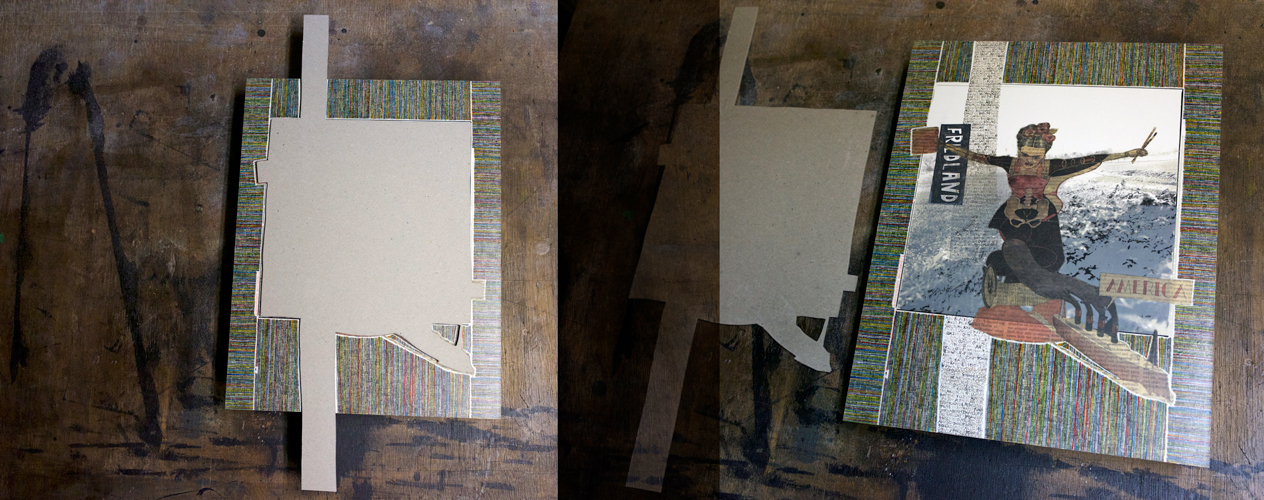
september 11th
more …
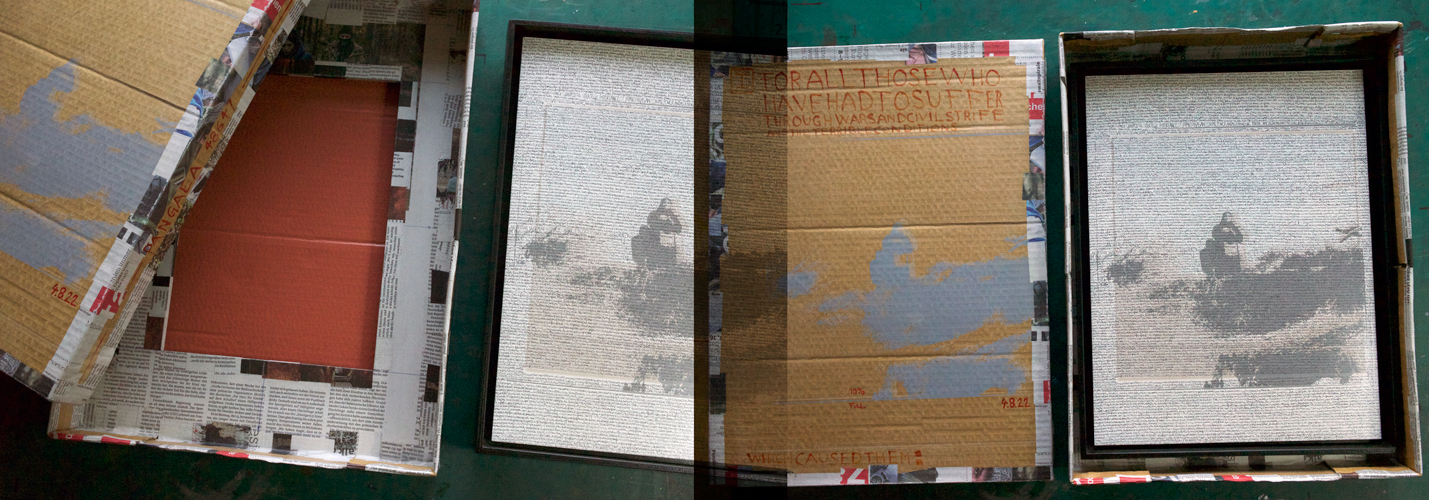
july 26nd
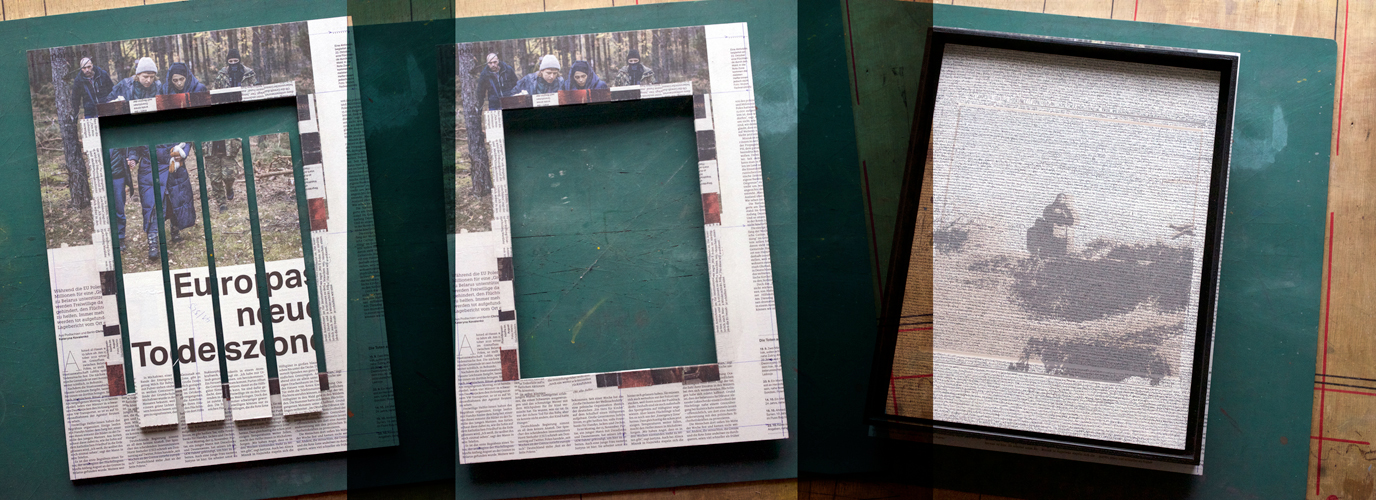
for collector – july 22nd
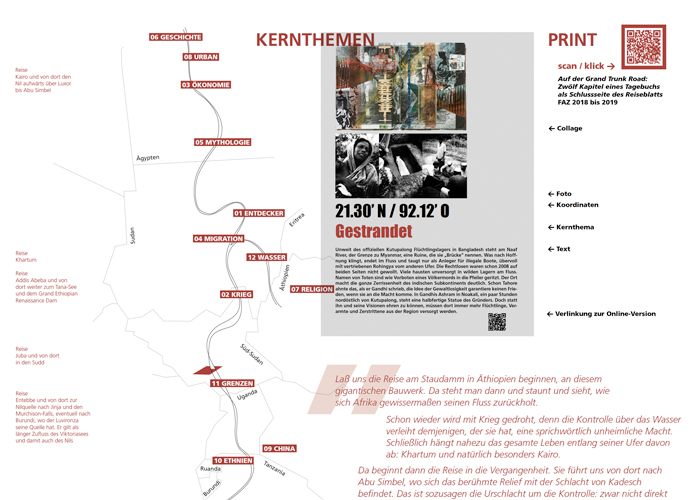
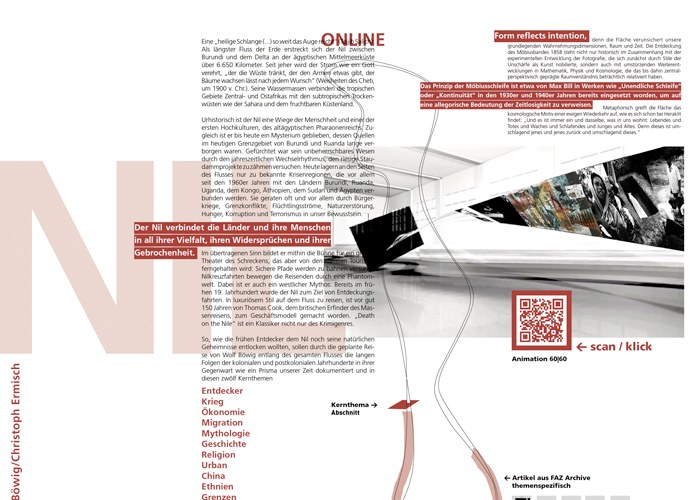
Nile | first concept – july 13th
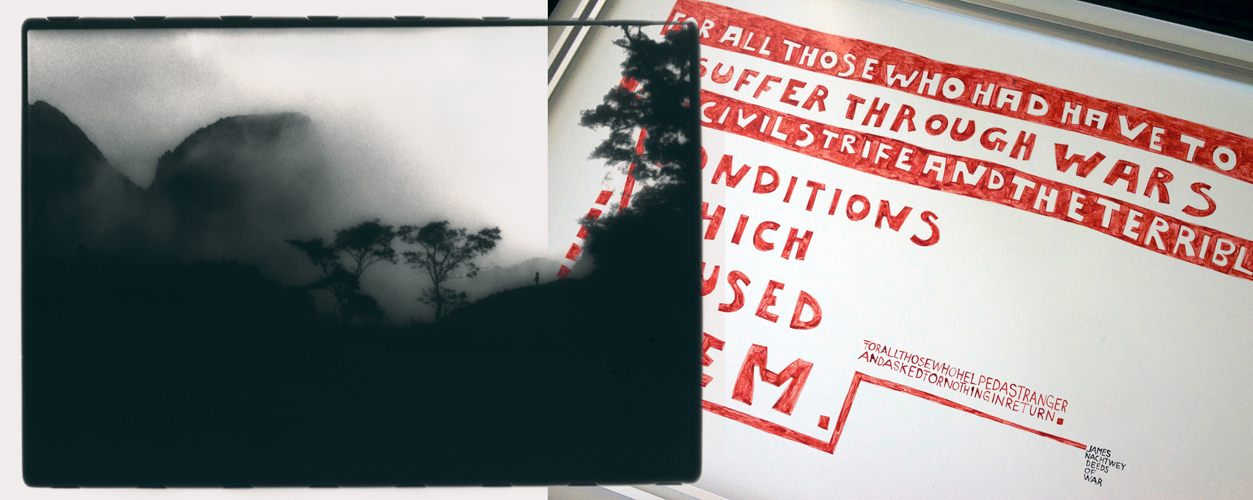
„
For all those who have had to suffer through wars and civil strife and the terrible conditions which caused them. For all those who helped a stranger and asked for nothing in return
“
James Nachtwey, Deeds of War
front|back – Matebien 104x73cm for client – july 10th
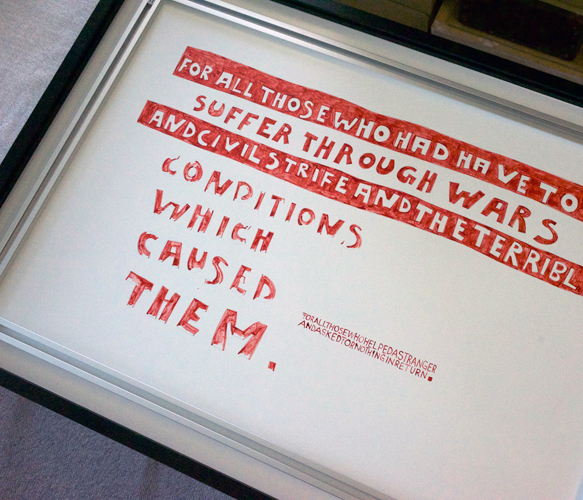
july 9th
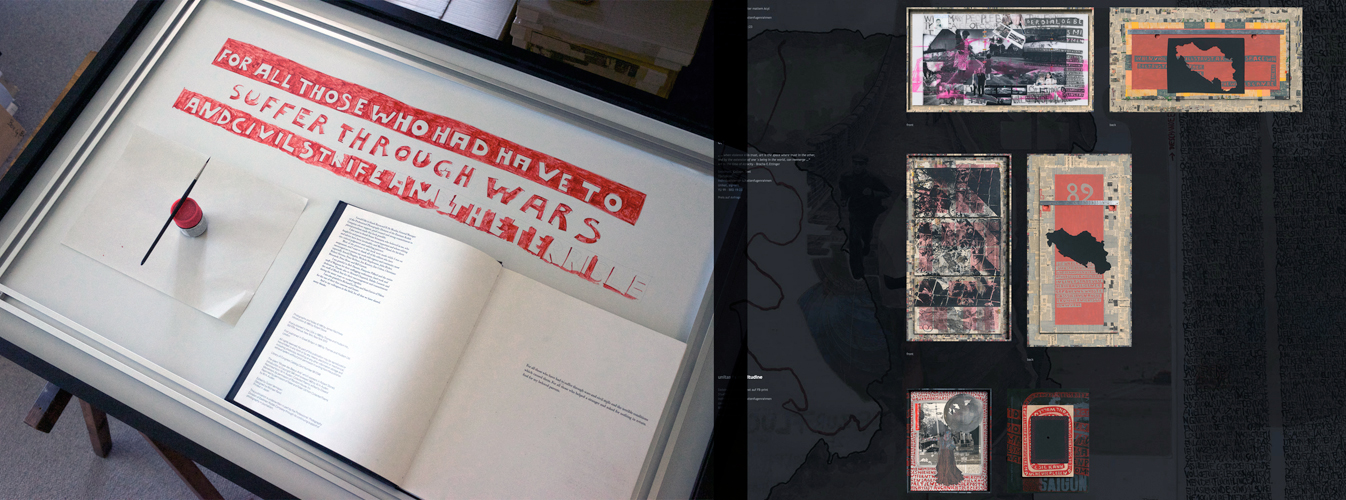
new work – july 8th

